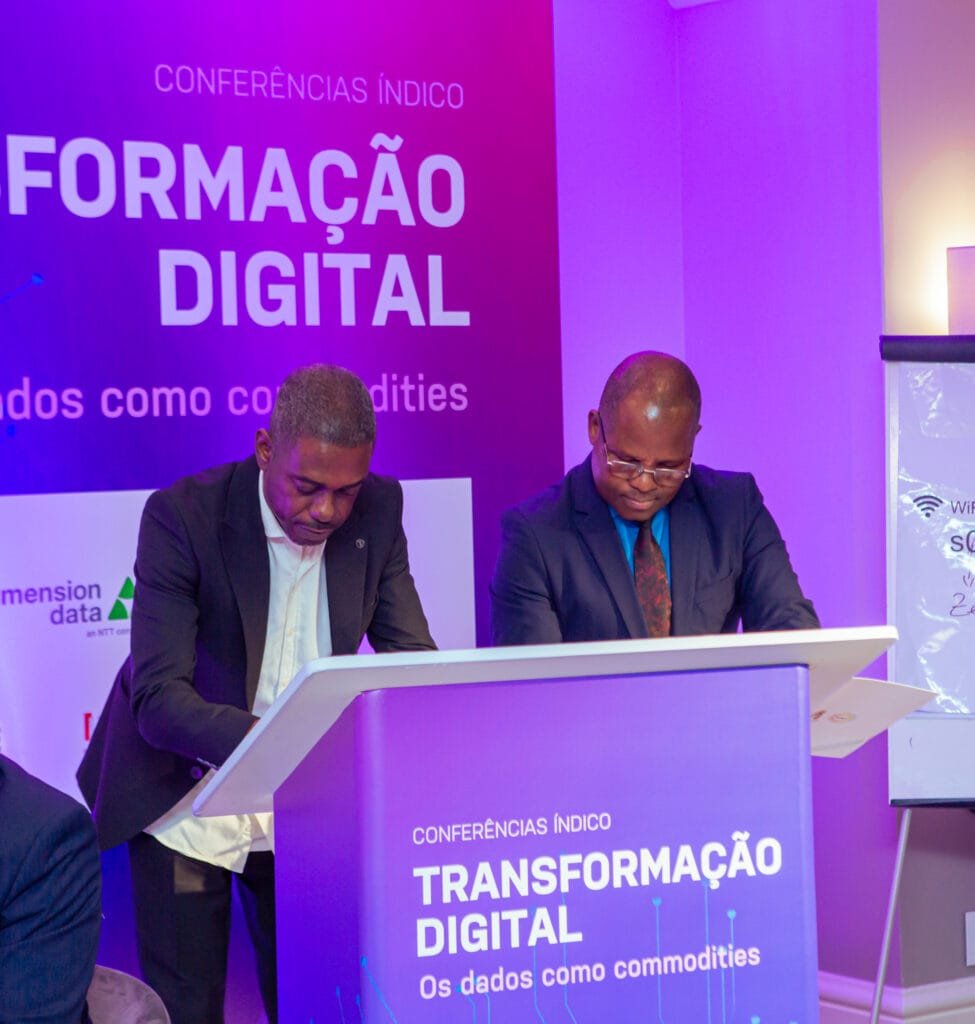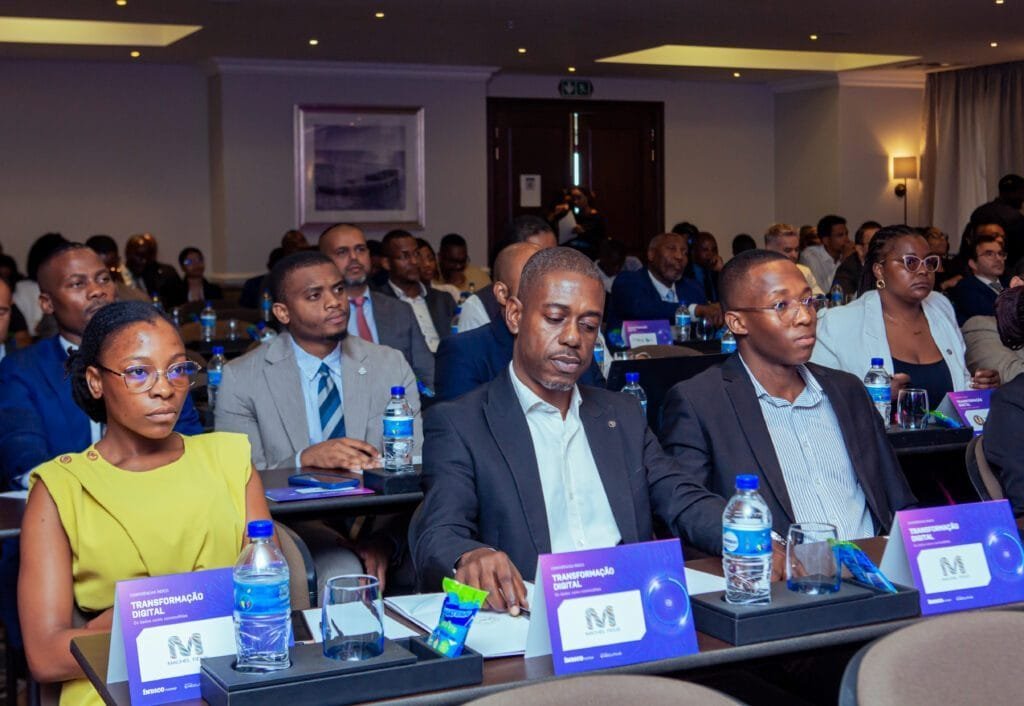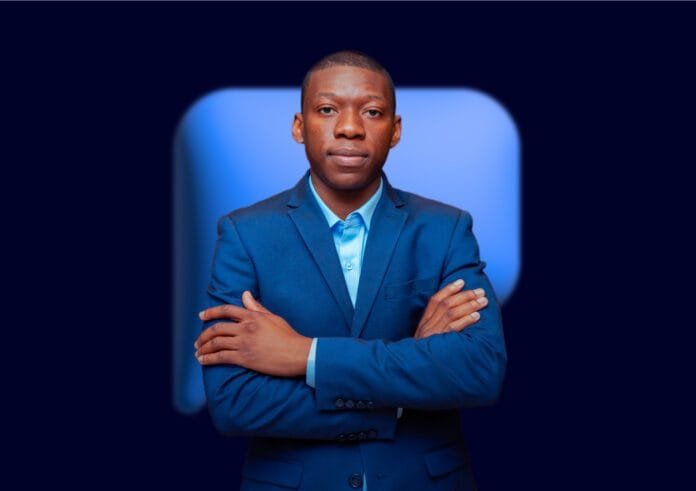Profile Mozambique: The DIGI Project has been described as one of Machel Fidus’ most significant commitments in the field of digital transformation. Could you explain what it consists of, its main pillars, and how it aims to create real impact in the daily lives of Mozambican communities?
Charles Chadali: The DIGI Project was born out of the need for accelerated digitalization that we observed during the Covid-19 pandemic, when technology became an essential tool for communication, education, and social connection. In September 2023, at Machel Fidus, we formalized this initiative with the goal of equipping students with essential digital skills for the future while simultaneously developing practical solutions for their communities.
We focus on training and skills development that enable students to identify the challenges faced both in their academic environment and in their communities. With these tools, we encourage the creation of functional, practical, and useful technological solutions capable of generating a direct impact on people’s quality of life. More than an academic initiative, DIGI aims to broadly contribute to national development by strengthening communities’ ability to respond to local challenges and promoting access to fundamental rights through digital innovation.
PM: The MoU signed between ENPCT and Machel Fidus was a landmark moment at the 7th edition of the Índico Conferences. What are the central commitments of this agreement, and what practical changes might it bring to the national digital inclusion agenda?
CC: The MoU signed between ENPCT and Machel Fidus represents a significant milestone at the 7th edition of the Índico Conferences. This agreement establishes clear commitments to collaboration between the two institutions, focusing on promoting digital inclusion and empowering young people and communities in Mozambique.

As a concrete example, I highlight a successful case from our digitalization project: a group of students, guided by their ITICS teacher, developed a digital library designed to make educational material available in digital format, with potential nationwide reach. This initiative demonstrates students’ ability to create practical and relevant solutions for their communities.
With the MoU, we reinforce our commitment to supporting these initiatives by mobilizing resources, know-how, and synergies between the Science and Technology Park and Machel Fidus. The objective is to transform promising projects into concrete, accessible, and sustainable solutions, ensuring that the outcomes of the digitalization project translate into tangible impacts in communities’ daily lives and the national digital inclusion agenda.
PM: One of Machel Fidus’ guiding principles is that “shaping minds is the key to a promising future.” How does this vision materialize in the programs implemented, particularly in empowering young people and promoting digital skills?
CC: We embrace Machel Fidus’ mission because we firmly believe that shaping minds is the key to a promising future. For us, education is the foundation of social transformation, and technology serves as a vehicle to bring this vision to life.
In our programs, we leverage every available resource, technological, digital, and pedagogical, to equip young Mozambicans. The goal is to prepare them to act as agents of change, developing concrete solutions within their communities and becoming vectors of societal transformation.
For example, the digitalization project combines training in digital skills with the provision of computer equipment to schools, ensuring that students not only learn but also have practical tools to apply their knowledge. Our priority is to make young people self-sufficient, capable of meeting challenges and contributing to sustainable and inclusive development, shaping a mindset oriented towards solutions and innovation.
PM: Unequal access to technology remains one of the main obstacles to inclusive development. What concrete measures does the DIGI Project intend to implement to reduce digital exclusion and ensure that technological transformation is truly comprehensive?
CC: In the DIGI Project, we regard digital inclusion as one of the central pillars of our work. Our priority is to bring technology and digital education to those who traditionally have less access, ensuring that technological transformation is both broad and inclusive.
To achieve this, we have established beneficiary selection criteria that prioritize students and communities located in more remote areas, often left out of digital opportunities. We work directly in these communities, providing computer equipment, digital skills training, and internet access. Additionally, we implement digital squares, in partnership with other institutions, to create learning and connectivity spaces in areas where technology has not yet reached.
PM: Finally, looking to the near future, what are Machel Fidus’ strategic goals in the area of digital inclusion, and how does the institution envision positioning itself in promoting a sustainable digital ecosystem in Mozambique?
CC: At Machel Fidus, we see digital inclusion as a strategic priority that requires a solid structural foundation, including the provision of computer equipment and internet access. Our medium- and long-term vision is to consolidate partnerships with institutions and stakeholders committed to promoting digital transformation in order to maximize the impact of our initiatives.
We foresee the institution positioning itself as a catalyst for Mozambique’s digital ecosystem, creating opportunities for collaboration, innovation, and sustainable development. By integrating efforts with our partners, we aim to combine skills, resources, and ideas to build synergies that strengthen digital inclusion and promote technological solutions that benefit both school communities and society at large.

Learn more here: Machel Fidus





